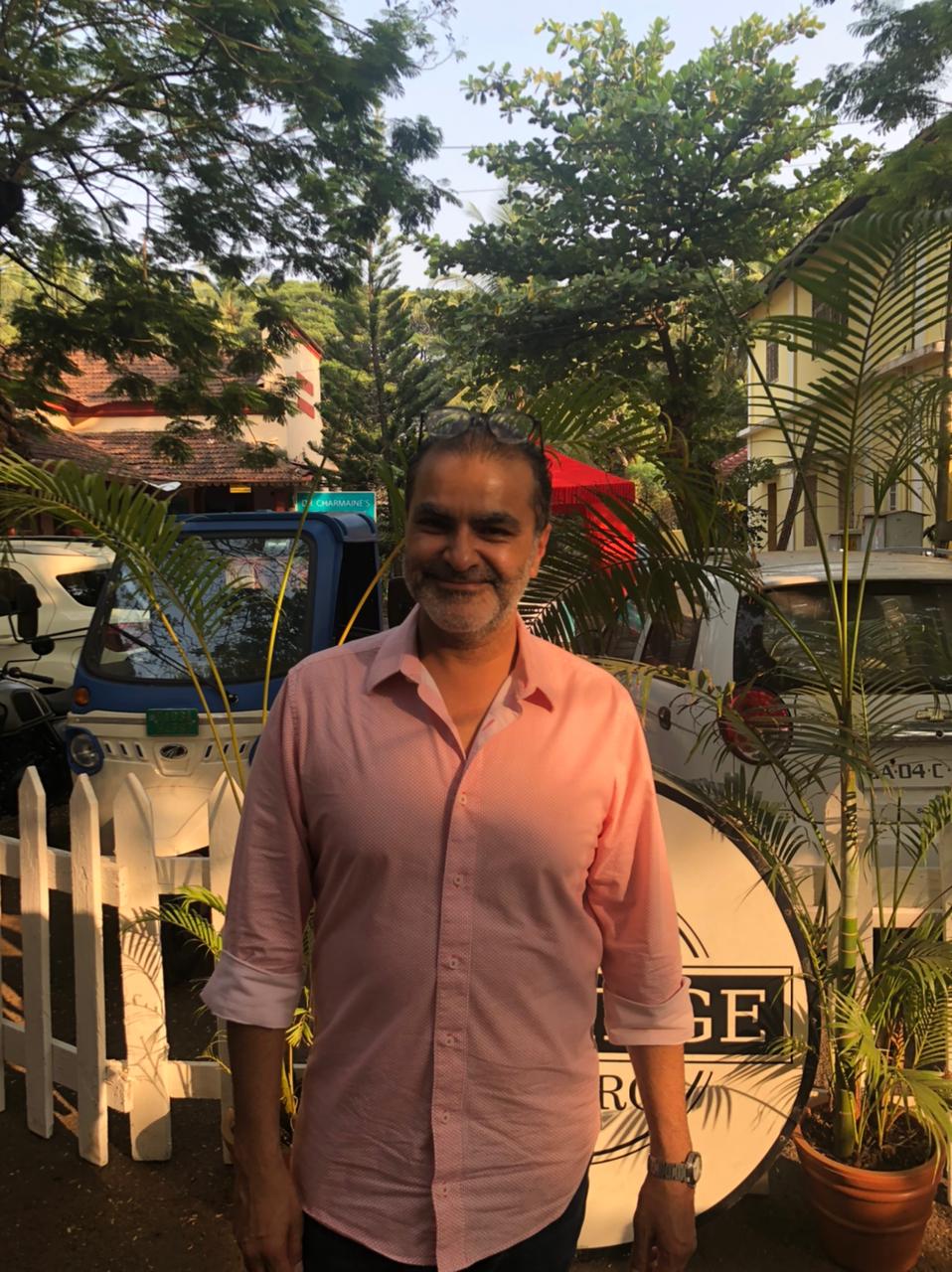Panaji November 2022: Goa Heritage Festival, a 5-day festival showcasing Goa’s heritage and rich culture, welcomed several notable speakers to its venues. One such speaker, Asad Lalljee, curator of the Royal Opera House in Mumbai, took the mike at the heritage bistro to enlighten the audience on his deep understanding on the leanings of being the curator of the Royal Opera House as part of the idea’s series.
Asad Lalljee, curator of the Royal Opera House, has a long career in advertising and marketing, including a 14-year stint at top advertising agencies on Madison Avenue in New York City, and has been a driving force in Mumbai’s cultural scene, planning several festivals and programmes.
Speaking on the impact of the Royal Opera House on the wider community, he said “It provides the state with a much-needed avenue for the arts while also providing artists with another option. The artist also benefits greatly, as most artists do not have deep pockets and face financial difficulties on their path to recognition in their field. Unfortunately, ticket sales in India do not cover costs when compared to their European counterparts. The Royal Opera House is an example of bringing built heritage back to life and being India’s only opera house with the support it has garnered despite the pandemic makes it quite special.”
On the importance of reaching a younger audience. Asad Lalljee said, “If it is not encouraged and introduced to a younger audience, traditional classical music will be wiped out because education in the arts is short in the country. You can introduce it through various ways, organising programmes that are relevant to them. Incorporating traditional art and dance in a more kid-friendly format. One size doesn’t fit all, Jaipur won’t have the same scene as Delhi and Delhi won’t be the same as Goa. So, it’s all about knowing your audience and who you are trying to reach.”
With regards to the progress of reaching the wider audience and developing more appreciation for classical music he adds “It’s not hard filling up a theatre with an audience. People come with excitement in anticipation of a play or a musical set. You have people who write about the shows. With the explosion of social media, it has become a two-way communication. People now suggest what they would like to see, and we take it onboard. We have made it a point to put a survey requesting for their views and what they would like to see next. You then get a better understanding of your audience.”
The days ahead will include talks from speakers such as Dr Shashi Tharoor, Vasudhendra, Jerome Marrel, Shreedevi Deshpande Puri, Vikas Dilawari, and other noteworthy speakers.
###


